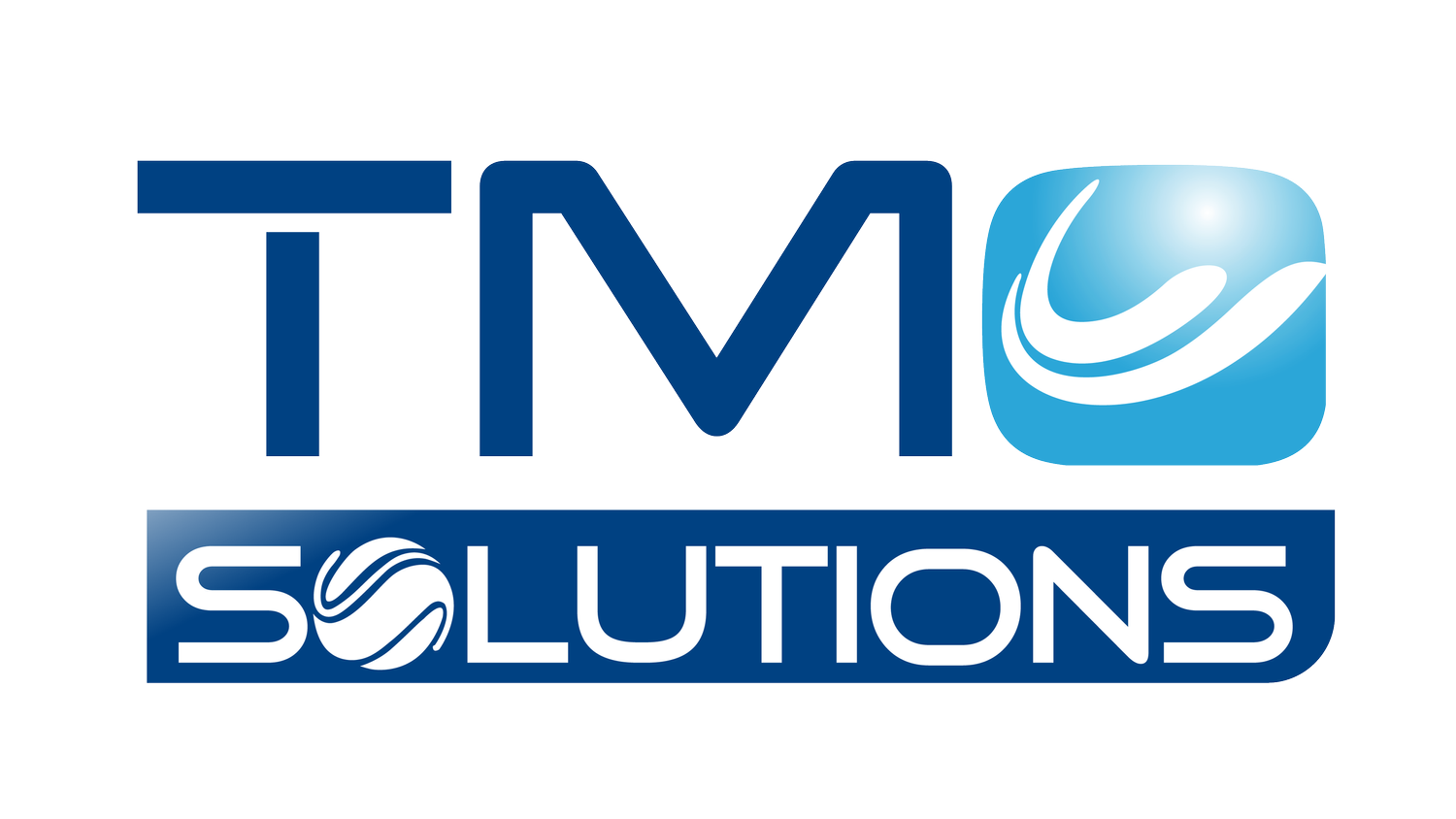How Reliability Testing Enhances Product Durability in the Automotive Industry
In the competitive automotive industry, the durability and reliability of a vehicle are paramount for maintaining customer trust and brand reputation. Reliability testing plays a critical role in ensuring that every component of a vehicle can withstand the rigors of daily use and adverse conditions. This article explores how reliability testing directly enhances product durability in the automotive sector and highlights the unique advantages offered by TMC Solutions.
Understanding Reliability Testing in Automotive
Reliability testing in the automotive sector is crucial for assessing various vehicle components and systems under simulated operational conditions. This includes everything from engines and transmissions to electrical systems and chassis. Each component is tested to ensure it can endure conditions such as high and low temperatures, humidity, vibration, and mechanical stress, which mimic real-world scenarios. For instance, brake systems are rigorously tested to ensure they remain effective and safe under extreme use, reflecting their critical role in vehicle safety and consumer trust. The aim is to identify and address potential weaknesses before the vehicles reach consumers, thereby enhancing product lifespan, safety, and overall customer satisfaction.
Key Types of Reliability Tests in Automotive
Durability Testing: This involves subjecting parts and vehicles to prolonged periods of operation under controlled conditions to mimic their expected lifecycle. For example, engine components might be run continuously for thousands of hours to simulate several years of use.
Environmental Testing: Vehicles are exposed to extreme weather conditions such as high humidity, salt spray, and UV radiation to ensure they can withstand diverse environmental challenges without degradation.
Mechanical Stress Testing: This includes applying vibrations, shocks, and other physical stresses that a vehicle might encounter during normal and extreme driving. For instance, suspension systems are tested to ensure they maintain integrity and performance on rough roads.
Load Testing: Critical for assessing how well a vehicle's structure withstands various forces, including passenger and cargo weight, during operation.
Real-World Applications and Benefits
Reliability testing in the automotive industry employs various sophisticated equipment to ensure vehicle durability and safety. For example, BMW utilizes shock testing systems to assess how components withstand sudden impacts, ensuring safety in collision scenarios.
Similarly, Honda employs drop testing systems to evaluate the integrity of vehicle parts after simulated accidents, enhancing design resilience.
Tesla uses centrifuges to test the endurance of battery systems under extreme forces, while Audi uses rate tables to verify the stability of electronic components under rotational stress.
These practices exemplify how leading manufacturers systematically ensure their vehicles meet rigorous safety and quality standards.
These rigorous testing protocols help automotive manufacturers ensure that their vehicles are reliable, safe, and durable, enhancing consumer satisfaction and reducing costly recalls and warranty claims.
Challenges in Reliability Testing
Reliability testing in the automotive industry is fraught with challenges, including the high costs of operation and the necessity for advanced equipment and expertise. As automotive technologies evolve, particularly with the increasing use of complex electronic systems and novel materials, the demands on testing protocols grow.
For example, companies like General Motors and Tesla are continually upgrading their testing facilities to accommodate new electric vehicle technologies, which require highly specialized equipment and skilled personnel to assess battery performance and safety under extreme conditions.
TMC Solutions: Enhancing Automotive Reliability Testing
TMC Solutions stands at the forefront of addressing these challenges within the automotive industry. Our cutting-edge reliability testing equipment and services are designed to provide comprehensive solutions that enhance product durability while optimizing testing efficiency and cost-effectiveness.
Advantages of TMC Solutions Products
Advanced Technology: Our state-of-the-art shock and testing systems deliver precise and reliable results, enabling automotive manufacturers to fine-tune their products to the highest standards.
Customization: Understanding that no two manufacturers have the same needs, TMC Solutions offers customized solutions that are tailored to meet specific client requirements.
Expert Support: Our team of experts provides ongoing support and consultancy, ensuring that automotive clients not only understand their testing results but also implement the necessary improvements effectively.
Efficiency and Cost Savings: By improving the accuracy and speed of testing, we help reduce the overall time and cost associated with product development cycles.
Reliability testing is a critical component of the automotive industry, directly impacting vehicle durability, safety, and consumer trust. By partnering with TMC Solutions, automotive manufacturers can leverage advanced testing technologies and expertise to ensure their vehicles stand up to the demands of the road and the expectations of consumers. For more information on how our solutions can benefit your automotive reliability testing needs, contact our team today.

